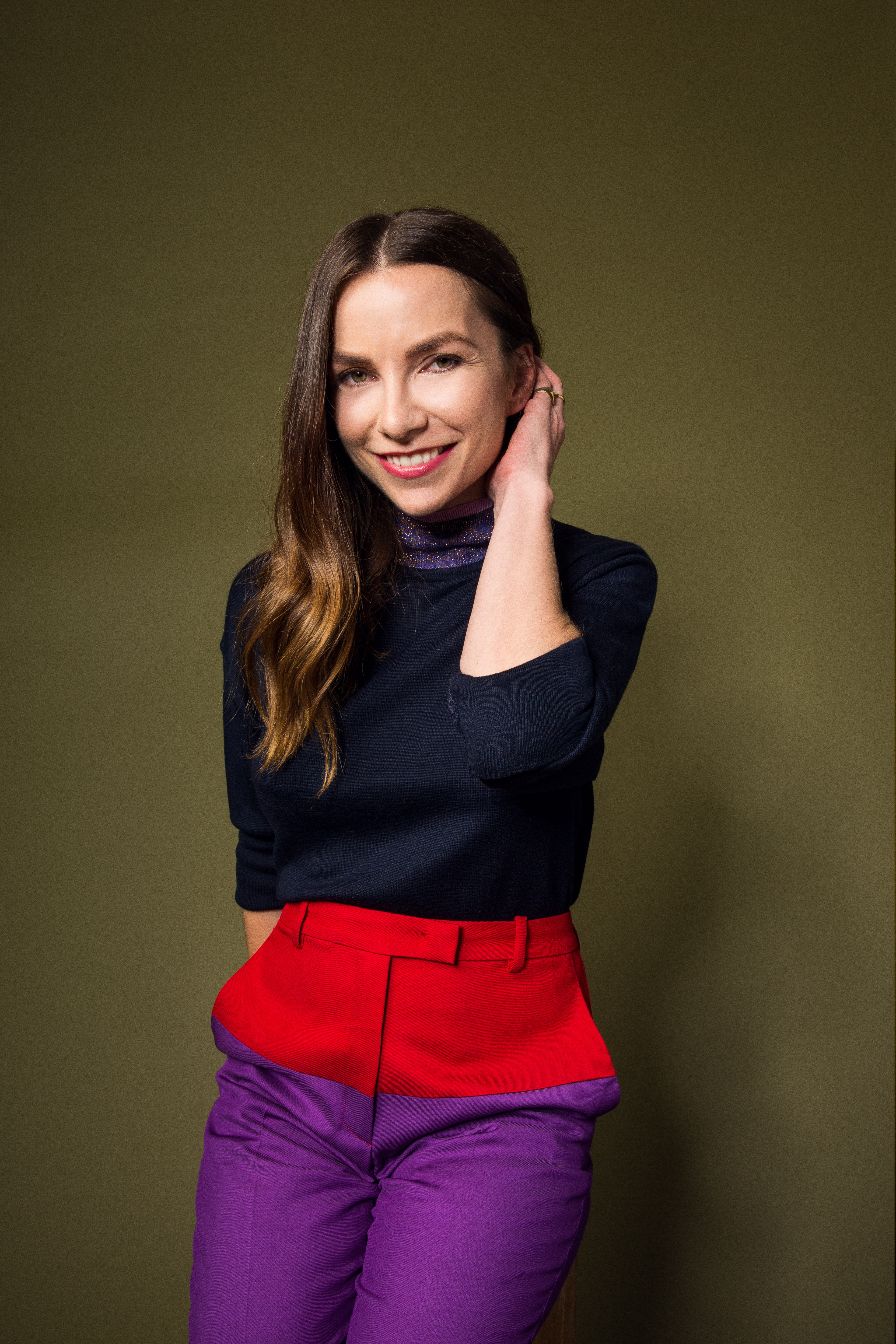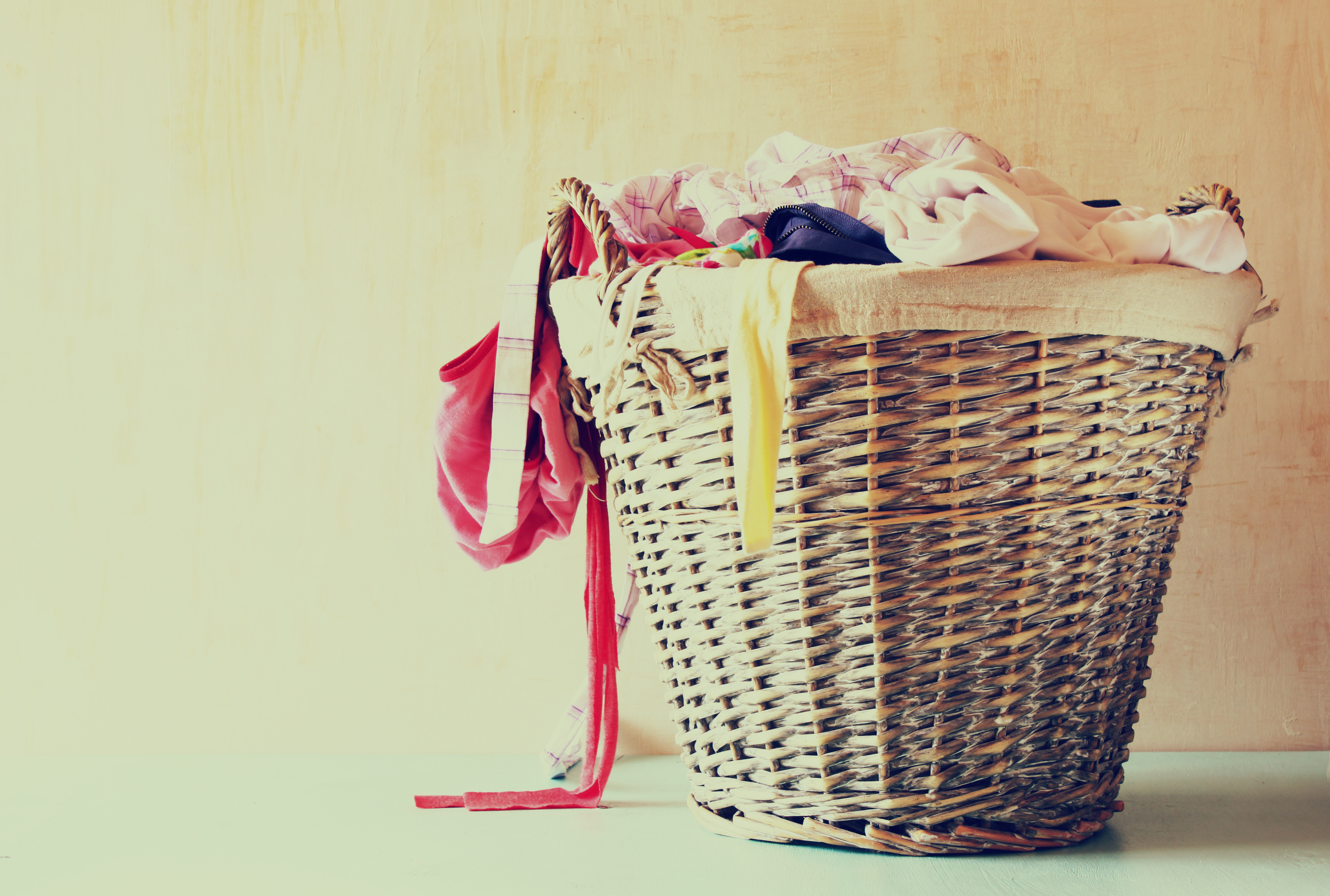I’m pretty sure my lack of sentimentality when I’m in ‘declutter mode’ freaks my very sweet and sentimental husband out sometimes. I love getting rid of things, letting go, and keeping it fresh. I definitely didn’t think I needed a tutorial on decluttering.
But like all the best things that have come into my life, Marie Kondo’s magical little book about tidying up found its way to me by word of mouth.
I was intrigued by the single criterion that Kondo employs in her decision with what to surround yourself with, “Does this object spark joy?”
As I looked around my home, my closet, my walls, I couldn’t seem to answer that question affirmatively. If I wasn’t surrounding myself by prompts to feel joyful, what was I prompting myself to feel?
After reading The Life Changing Magic of Tidying Up, I discovered how emboldening it is to process your past through sorting your stuff. Not only do you basically get rid of anything that doesn’t spark joy, you also (this sounds weird and hippy-dippy but just go with it) thank the objects that you’re discarding for whatever it was that they brought to you.
For example, I came across a black blazer that I used to wear all the time in one of my first jobs out of college. I wear whatever I want to wear to work now, but back then I felt like I HAD to take what I wore to work very seriously, and –duh– serious people wore indiscriminate black blazers from Ann Taylor Loft even if they didn’t like them and felt uncomfortable in them.
As I folded the black blazer up for the give-away pile, I said a little thank you in my head for all the days it helped me to feel professional and polished when I was less secure about those qualities in myself, and I also said a little thank you for showing me that I had cultivated those professional and polished qualities from within.
You get the idea.
I thought I was living in a cleared out space before reading this book, but I was so wrong.
I was shocked to see just how much I was still holding onto, how comforting it is to truly let go of what you no longer want or need, how emboldening it is to acknowledge that you have enough, and how living with less really does help you to live with more.
Below are a few of my favorite quotes from this must-read gem. Enjoy!
Changing lifestyle habits acquired over a span of many years is generally extremely difficult.
People cannot change their habits without first changing their way of thinking.
The work involved can be broadly divided into two kinds: deciding whether or not to dispose of something and deciding where to put it.
Many people get the urge to clean up under pressure, such as just before an exam. But this urge doesn’t occur because they want to clean their room. It occurs because they need to put “something else” in order.
While it may help you to feel refreshed temporarily, the relief won’t last because you haven’t addressed the true cause of your anxiety. If you let the temporary relief achieved by tidying up your physical space deceive you, you will not recognize the need to clean up your psychological space.
There is no need to get complicated.
Visible mess distracts us from the true source of the disorder.
The act of cluttering is really an instinctive reflex that draws our attention away from the heart of an issue.
Tidying is a special event, don’t do it every day.
Decades drag by as they struggle unsuccessfully to maintain order by tidying every day.
All you need to do is take time to sit down and examine each item you own, decide whether you want to keep or discard it, and then choose where to put what you keep.
Although not large, the space I live in is graced only with those things that speak to my heart.
Your house already knows where things belong.
The key is to make the change so sudden that you experience a complete change of heart. The same impact can never be achieved if the process is gradual.
From my experience with private individual lessons, “quickly,” means about half a year. That may seem like a long time, but it is only six months out of your entire life.
Focusing solely on throwing things away can only bring unhappiness. Why? Because we should be choosing what we want to keep, not what we want to get rid of.
The best criterion for choosing what to keep and what to discard is whether keeping it will make you happy, whether it will bring you joy.
Are you happy wearing clothes that don’t give you pleasure? Do you feel joy when surrounded by piles of unread books that don’t touch your heart?
Gathering every item in one place is essential to this process because it gives you an accurate grasp of how much you have.
People have trouble discarding things that they could still use (functional value), that contain helpful information (informational value), and that have sentimental ties (emotional value). When these things are hard to obtain or replace (rarity), they become even harder to part with.
The urge to point out someone else’s failure to tidy is usually a sign that you are neglecting to take care of your own space.
Tidying is a dialogue with one’s self.
Consider carefully why you have that specific item in the first place. When did you get it and what meaning did it have for you then?
{Perhaps} it has fulfilled another function, it has taught you what doesn’t suit you.
Express your appreciation for their contribution to your life by telling them, “Thank you for the boost you gave me when I bought you,” or “Thank you for helping me get a little more fit.”
When I looked at each item again, I realized that I had lived those moments to the fullest and I was able to thank my keepsakes for the joy they gave me at the time. When I threw them away, I felt like I was confronting my past for the first time in my life.
Every object has a different role to play. Not all clothes have come to you to be worn threadbare. It is the same with people. Not every person you meet in life will become a close friend or lover.
To truly cherish the things that are important to you, you must discard those that have outlived their purpose.
It is not our memories but the person we have become because of those past experiences that we should treasure. This is the lesson these keepsakes teach us when we sort them.
Believe what your heart tells you when you ask, “Does this spark joy?” If you act on that intuition, you will be amazed at how things will begin to connect in your life and at the dramatic changes that follow. It is as if your life has been touched by magic.
Katherine Schafler is an NYC-based psychotherapist, writer and speaker. For more of her work, join her newsletter community, read her blog, or follow her on Instagram.


